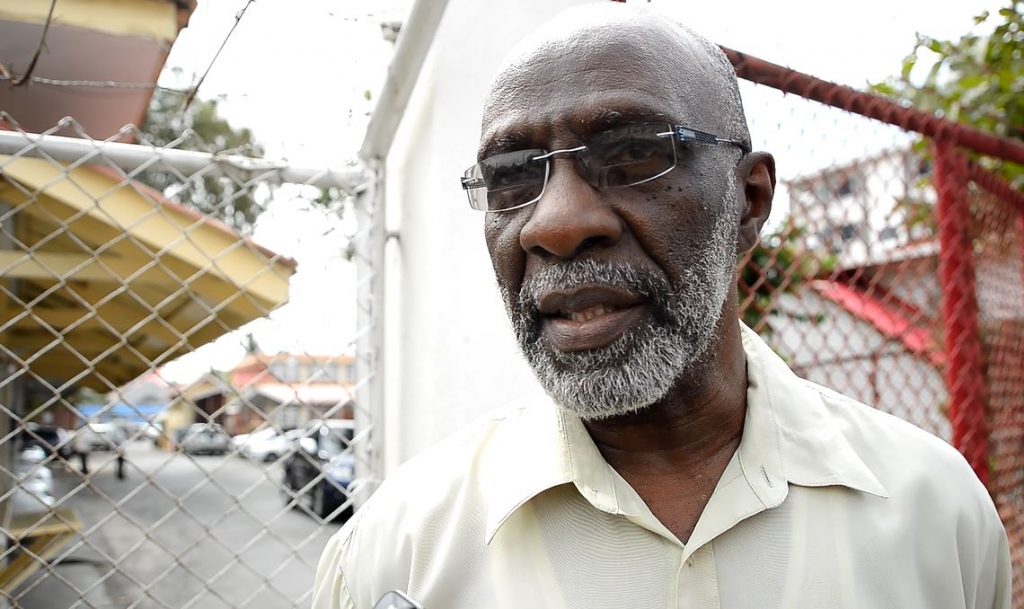AG says ‘residency not a qualification to vote’; Alexander insists new voters’ list necessary
With the government signalling the start of the long-touted electoral reform process, the dissenting views across the political divide on a new voters’ list has once again arisen.
Attorney-General and Minister of Legal Affairs, Anil Nandlall, SC, in a recent interview with the News Room, threw his support behind the August 2019 judgment by Chief Justice (ag), Roxane George, in which she ruled that while House-to-House Registration is not unlawful and is constitutional, the data garnered from that registration exercise must be merged with the existing National Register of Registrants Database (NRRDB).
Nandlall, who will oversee the drafting of the reforms which will make its way to Parliament for a debate and subsequent approval, believes the Chief Justice’s ruling was clear.
The interpretation is that once a person is registered, there is no law that allows for the person’s name to be removed from the register, making the political opposition’s call for periodic House-to-House registration exercises, as contemplated, irrelevant.
“You cannot remove a person’s name from the list (National Register of Registrants) because that person is not resident in Guyana. Residency is not a qualification to vote, citizenship is.

“And if you are a citizen and 18 years and registered, then you must be allowed to vote. Your name cannot be removed from the list because you may live somewhere other than Guyana,” Nandlall posited.
But Opposition Nominated Commissioner at the Guyana Elections Commission (GECOM), Vincent Alexander, believes that this ruling cannot be upheld and through the electoral reform process, a legal system must be put in place to ensure that there is a periodic “renewal” of the voters’ list.
“Our first major concern is dealing with the register of registrants. I am of the view that we are in a conundrum because of the legal ruling of the court.
“Any new legislation must find a mechanism to allow GECOM to be able to go to ground zero and create a new register of registrants periodically. That is our main concern,” Alexander said while speaking to members of the media on Tuesday.
His comments came moments after a meeting among the six Commissioners and Chairman of GECOM to discuss the support for Guyana’s highly touted electoral reform process with the International Republic Institute (IRI) was aborted.
Nandlall has said that the reforms to be agreed on will not be in favour of any political party.
“One thing I want to make clear and emphasize fully is that the electoral reforms being pursued are not intended to create any political or electoral advantage in favour of any political party or that will cause any political party to suffer any disadvantage,” he said.
Last week, the United States Embassy in Guyana announced its support for an 18-month project to strengthen the capacity of GECOM and the Attorney General’s Chambers regarding electoral processes.
One day after, Nandlall acknowledged the project after meeting Resident Programme Director of the International Republican Institute (IRI), Dorota Ryzy, and Local Programme Coordinator, Sara Bharrat at his Chambers.
But Commissioner Alexander believes that this is not enough and there should be direct correspondence from the government to GECOM and at the minimum, a Parliamentary decision before proceeding with the project. He said, “the meeting was aborted for clarity with all stakeholders.
However, the government nominated Commissioners feel differently about the issue. Speaking with the News Room by telephone Tuesday evening, Commissioner Sase Gunraj said the objections raised were “misguided.”
Through this project, GECOM, the Attorney General’s Chambers, and Guyanese CSOs will collaboratively consolidate and improve local electoral and constitutional law knowledge, establish an internal timeline to address electoral reform, improve collaboration for joint advocacy actions, and prioritize electoral and constitutional law issues while promoting reform through citizen engagement.
The IRI has committed to liaising with the Canadian High Commission as well as the Indian High Commission, both of whom have already pledged assistance to Guyana in this endeavour and will coordinate with those offices to avoid duplication and to ensure the best use of the resources are available.







